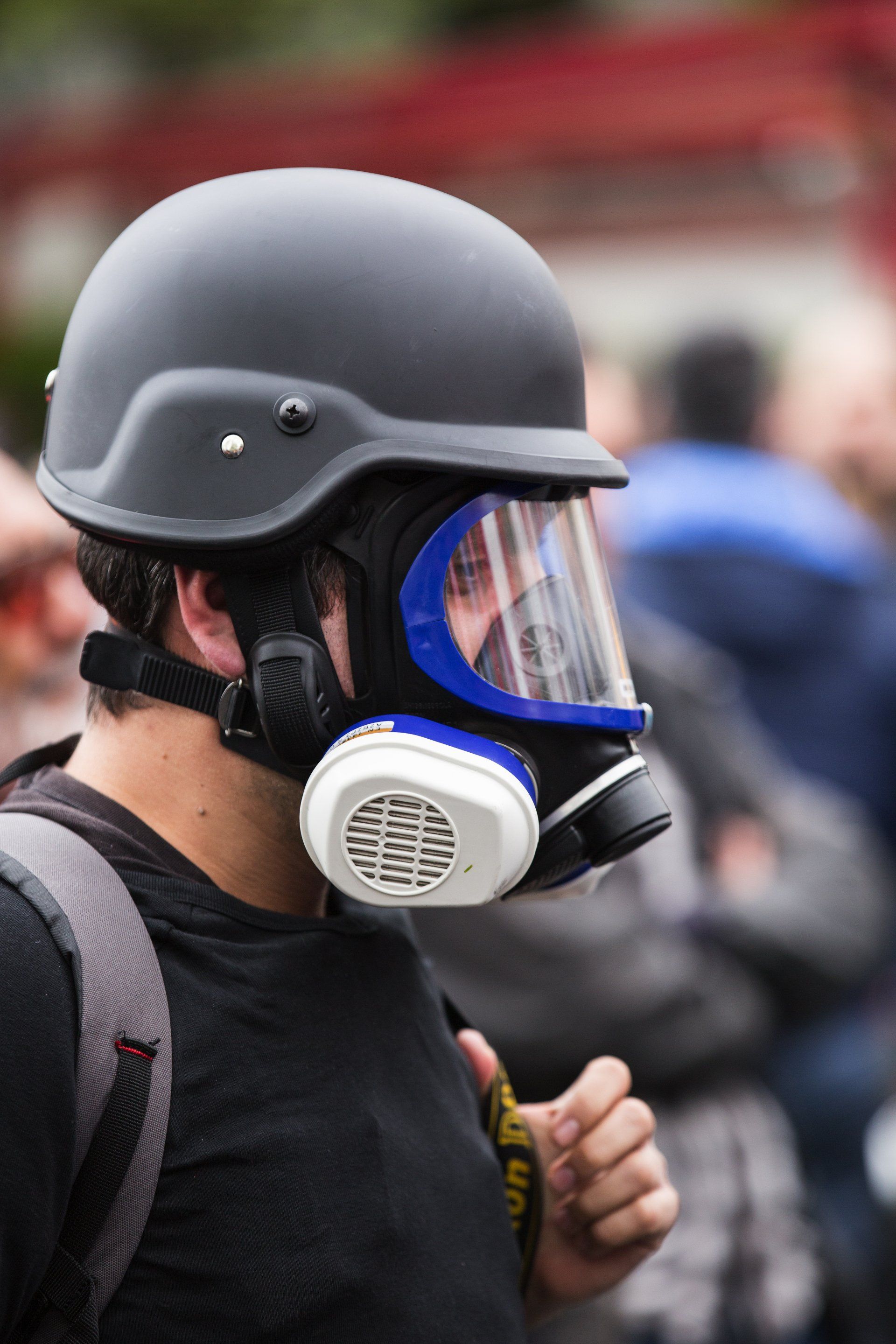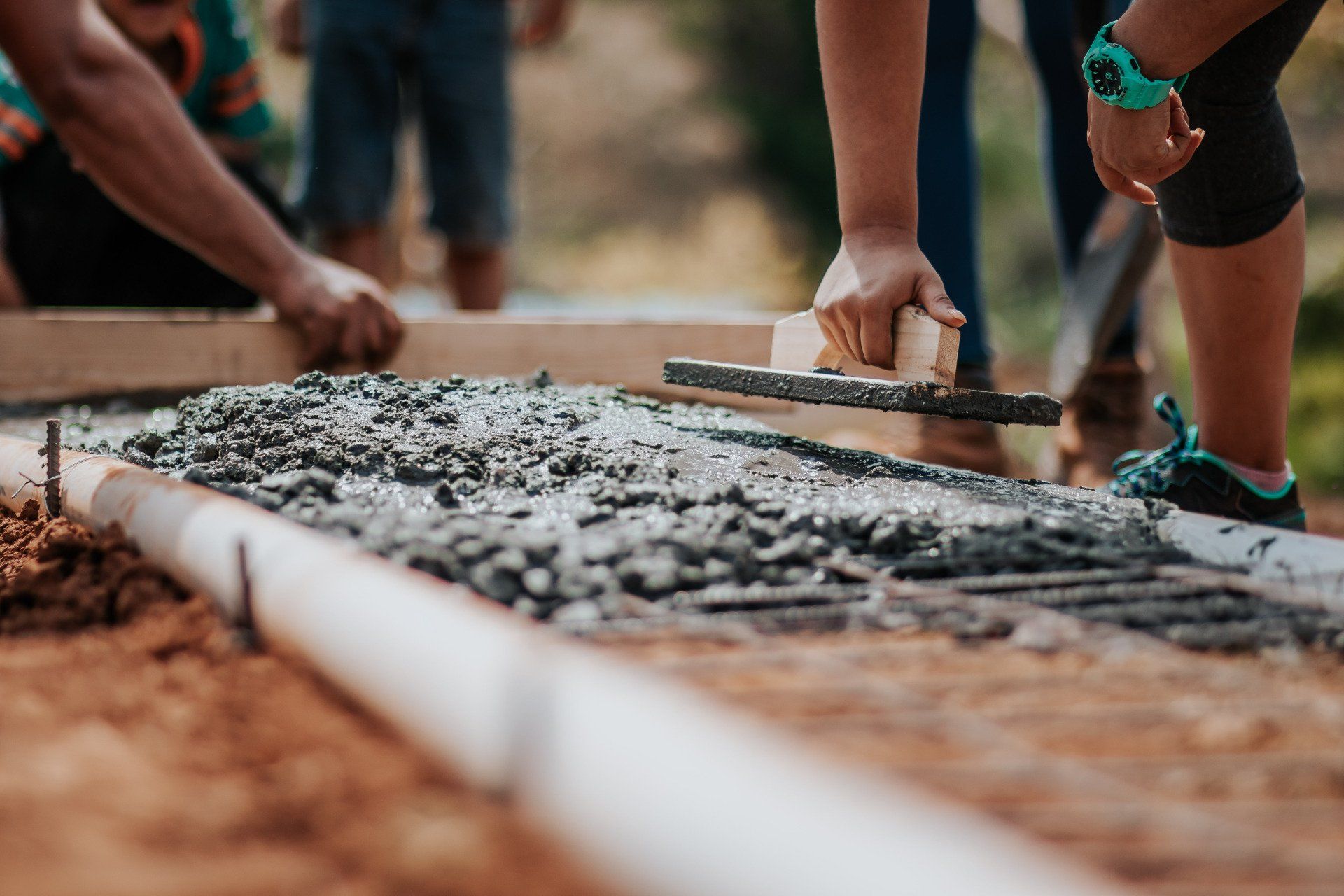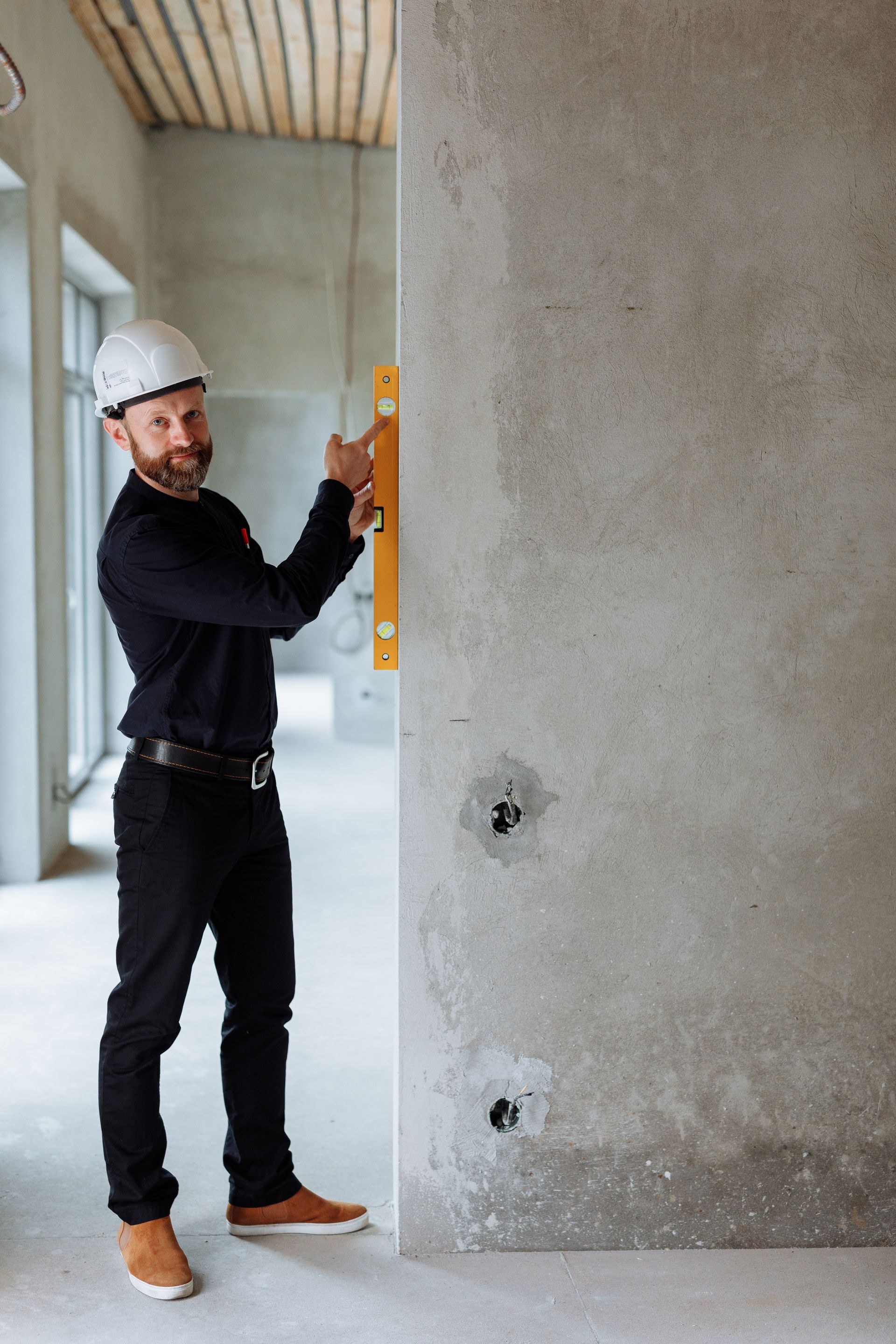Radon Testing Essentials: Your Guide to a Safer Home
Radon Testing Uncovered: Essential Guide for Healthier Homes
Understanding radon levels in your home is crucial for health and safety. Radon, a colorless, odorless gas, is a leading cause of lung cancer among non-smokers. This comprehensive guide will explore radon testing in depth, including its importance, methods, and costs

The Invisible Threat: Radon in Homes
Radon originates from the natural breakdown of uranium in soil, rock, and water, and can enter homes through foundation cracks. The only way to know if your home has high radon levels is through testing. Regular radon testing is vital, especially after significant home renovations or changes in living patterns.
Radon Testing Methods and Their Importance
There are two primary types of radon tests: short-term and long-term. The choice depends on your needs and circumstances.
Short-Term Testing
Short-term tests are typically used for initial screenings and last 2 to 7 days. They are a quick way to assess radon levels but may not reflect the long-term radon exposure.
Long-Term Testing
Long-term tests measure radon levels for 90 days to a year and provide a more accurate picture of average radon exposure. They are essential for homeowners interested in understanding their year-round exposure to radon.
Radon Testing Costs
Understanding the costs associated with radon testing is important for homeowners. Prices can vary based on the test type and the service provider.
Average Radon Test Cost
The average cost of radon testing can range from $100 to $300, depending on the test type and geographic location.
Home Inspection Radon Test Cost
During a home inspection, adding a radon test is often advisable. This can cost an additional $100 to $200, depending on the region and service provider.
Professional Radon Testing Cost
Professional radon testing, which includes both short-term and long-term testing options, can range between $150 and $300. Professionals offer more reliable results and can provide guidance based on the findings.
Home Radon Test Cost
DIY radon testing kits are a more cost-effective option, typically ranging from $15 to $50. They are readily available at home improvement stores but may not be as accurate as professional tests.However, here is a guide on how to do this.
Radon Testing Cost in Virginia
In Virginia, radon testing costs are similar to the national average but can vary slightly based on local factors such as soil composition and regional radon prevalence. Homeowners in Virginia can expect to pay within the range of $100 to $300 for professional radon testing.
Choosing a Radon Testing Service
Selecting the right radon testing service is crucial. Look for certified professionals, preferably those accredited by the National Radon Safety Board (NRSB) or the National Radon Proficiency Program (NRPP).
Legal and Regulatory Aspects
Homeowners should be aware of the legal and regulatory aspects of radon testing, especially during real estate transactions. Some states require radon testing and disclosure in property sales.
Conclusion
Radon testing is a critical step in ensuring a safe and healthy living environment. Whether through professional services or DIY kits, regular testing is essential, particularly in areas known for high radon levels. Understanding the types of tests and their associated costs, especially in your specific region like Virginia, helps in making informed decisions.




